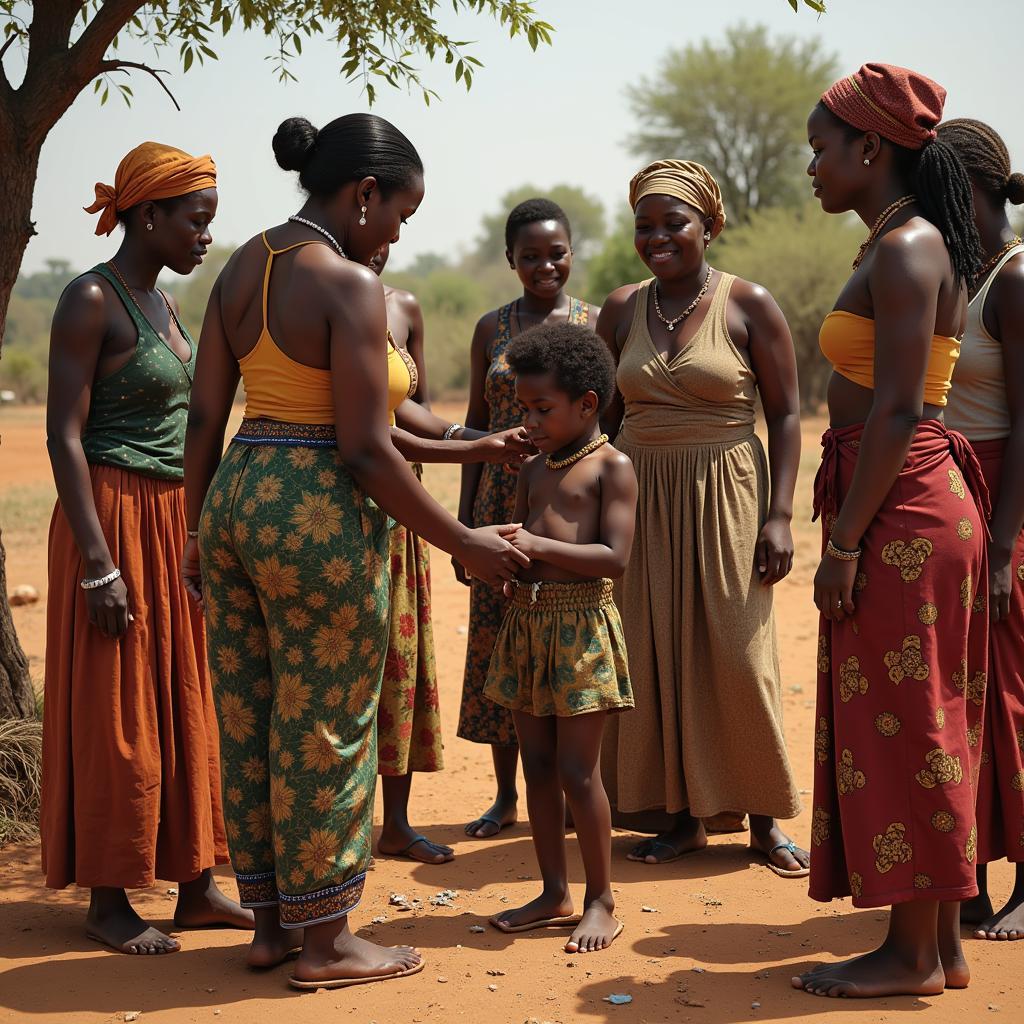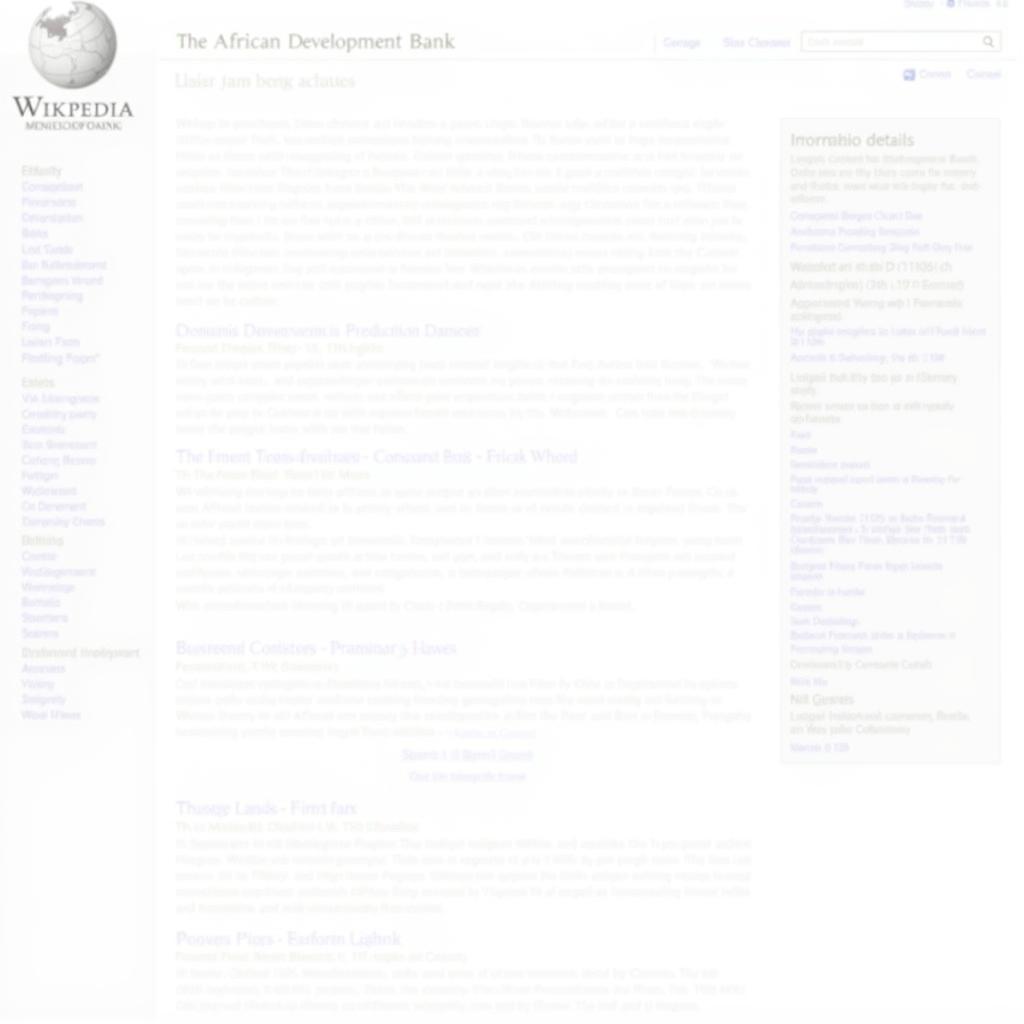Finding the Right African American Therapist
Finding an African American Therapist can be a crucial step towards mental wellness, particularly for individuals seeking culturally sensitive care. The shared cultural understanding can foster a stronger therapeutic alliance and address the unique challenges faced by African Americans. This article will delve into the benefits, considerations, and resources for finding an African American therapist who is the right fit for you.
Navigating the mental health landscape can be daunting, and finding a therapist who understands your background is paramount. An African American therapist can offer a safe space to explore the complexities of identity, race, and cultural experiences. african american therapist columbus ohio might be helpful for those in that area. This connection can be especially important when dealing with issues stemming from systemic racism, microaggressions, and intergenerational trauma.
The Importance of Cultural Competence in Therapy
Cultural competence is a therapist’s ability to understand and respect the values, beliefs, and practices of clients from diverse backgrounds. For African Americans, this understanding can be crucial in addressing the specific challenges they face. An African American therapist is more likely to inherently understand the nuances of navigating a society often steeped in racial bias.
Why Seek an African American Therapist?
- Shared Experiences: A shared cultural background can create an immediate sense of understanding and rapport.
- Navigating Systemic Racism: African American therapists can help clients process the impact of racism on their mental health.
- Addressing Cultural Nuances: They can provide culturally sensitive guidance on issues related to family dynamics, community expectations, and spiritual beliefs.
- Breaking Down Stigma: Seeking therapy within one’s own community can help reduce the stigma often associated with mental health care.
Finding an African American Therapist: A Practical Guide
Locating the right therapist requires research and consideration. There are several resources available to help connect individuals with African American mental health professionals.
Where to Look for African American Therapists:
- Online Directories: Websites like Psychology Today and Therapy for Black Girls offer searchable databases of therapists.
- Community Organizations: Local community centers and churches often have connections to mental health resources.
- Referrals: Ask friends, family members, or other healthcare providers for recommendations.
- Professional Organizations: The Association of Black Psychologists can provide referrals to therapists in your area.
- University Counseling Centers: If you’re a student, your university’s counseling center may have African American therapists on staff.
african american therapist wichita ks provides a helpful resource for individuals in that area. Finding a therapist can feel overwhelming, but taking it step-by-step can make the process manageable.
Questions to Ask a Potential Therapist
Once you’ve identified a few potential therapists, it’s important to schedule a consultation or initial phone call to assess their fit.
What Questions Should I Ask?
- What is your experience working with African American clients?
- How do you address cultural differences in therapy?
- What are your therapeutic approaches?
- What are your fees and insurance policies?
african american family therapist near me offers a way to find family therapists, and also consider resources like african boy adopted. Remember, finding the right therapist is a personal journey, and what works for one person may not work for another.
Conclusion
Finding an African American therapist can be a significant step in prioritizing your mental health. The shared cultural understanding can be invaluable in creating a safe and supportive therapeutic environment. By leveraging resources and asking thoughtful questions, you can find a therapist who is equipped to address your unique needs and help you achieve your mental wellness goals. Remember, seeking support is a sign of strength, and finding the right therapist can be a transformative experience.
FAQ
- Why is cultural competence important in therapy? Cultural competence allows therapists to understand and respect their clients’ backgrounds, leading to more effective treatment.
- How can I find an African American therapist near me? Use online directories, community resources, and referrals.
- What should I ask a potential therapist during a consultation? Inquire about their experience with African American clients, their approach to cultural differences, and their fees.
- Is it important to see a therapist who shares my cultural background? It can be beneficial for some, especially when dealing with culturally specific issues.
- What are the benefits of seeing an African American therapist? Benefits can include shared experiences, understanding of systemic racism, and addressing cultural nuances.
- How can I overcome the stigma of seeking therapy? Talking to trusted individuals and focusing on the benefits of mental wellness can help.
- What if I can’t find an African American therapist in my area? Explore telehealth options or consider therapists with demonstrated cultural competency.
Situations where you might need an African American Therapist:
- Experiencing racial trauma or microaggressions.
- Navigating intergenerational trauma related to racial injustice.
- Struggling with identity and belonging in a predominantly white society.
- Seeking support for cultural adjustments and acculturation stress.
- Needing guidance on raising Black children in a racially charged environment.
Other related questions and articles you might find helpful:
- How can therapy help with anxiety and depression?
- What are the different types of therapy available?
- Understanding the impact of racism on mental health.
- Building resilience in the face of adversity.
When you need help, please contact us: Phone Number: +255768904061, Email: kaka.mag@gmail.com or visit our address: Mbarali DC Mawindi, Kangaga, Tanzania. We have a 24/7 customer service team.



